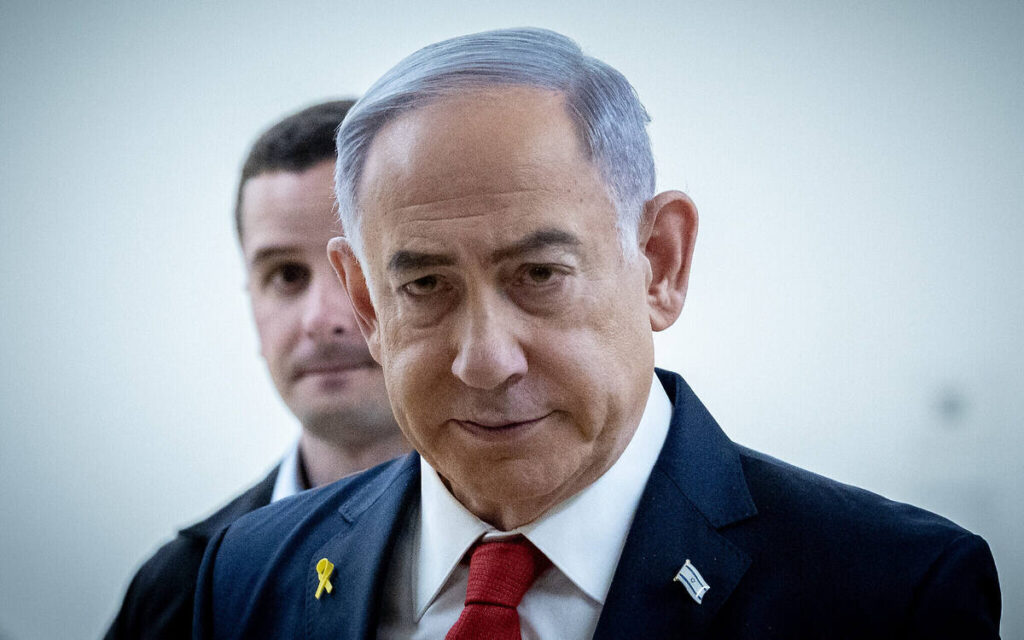Israeli Prime Minister Benjamin Netanyahu has firmly ruled out a ceasefire in Lebanon, insisting that Israel cannot tolerate Hezbollah operating near its northern border. This comes as the militant group escalates its attacks and threatens to expand missile strikes deeper into Israel.
During a phone call with French President Emmanuel Macron on Tuesday, Netanyahu made it clear that Israel opposes any unilateral ceasefire that fails to alter the security dynamics in Lebanon. He stressed that any agreement must include the establishment of a buffer zone free of Hezbollah fighters to prevent the group from rearming and regrouping.
“Israel will not accept any arrangement that does not guarantee security along the border and prevent Hezbollah’s resurgence,” Netanyahu’s office said in a statement.
The heightened rhetoric follows a defiant televised speech by Hezbollah’s deputy leader, Naim Qassem, who called for a ceasefire while warning that Hezbollah has the right to strike any part of Israel in retaliation for attacks on Lebanon. On Tuesday, Hezbollah launched rockets toward Haifa and targeted Israeli military equipment along the border.
Israel responded with airstrikes on several regions in southern and eastern Lebanon, including the Bekaa Valley, where a hospital in Baalbek was damaged. Lebanon’s health ministry reported 14 deaths on Tuesday, including three children, in Israeli strikes across the country.
The escalating violence has drawn international scrutiny. The U.S. State Department openly criticized Israeli airstrikes that hit residential areas in Beirut on October 10, with State Department spokesman Matthew Miller saying, “We are opposed to the way the campaign has been conducted in Beirut.”
In a letter to Israel, U.S. Secretary of State Antony Blinken and Defense Secretary Lloyd Austin warned that continued weapons deliveries could be withheld unless Israel ensures more humanitarian aid reaches Palestinians in Gaza, where conditions have deteriorated under the “worst restrictions” on aid access since Israel’s offensive began.
Meanwhile, Netanyahu has reaffirmed that Israel will make its own decisions on how to respond to recent missile attacks from Iran. Although U.S. President Joe Biden cautioned Israel against targeting Iran’s nuclear or oil facilities, Netanyahu reassured Washington that any retaliation would focus on military sites.
As the war in Lebanon continues to displace hundreds of thousands and claim lives, Netanyahu made it clear that Israel’s priority is to neutralize the Hezbollah threat and safeguard its borders—no matter the international pressure.




